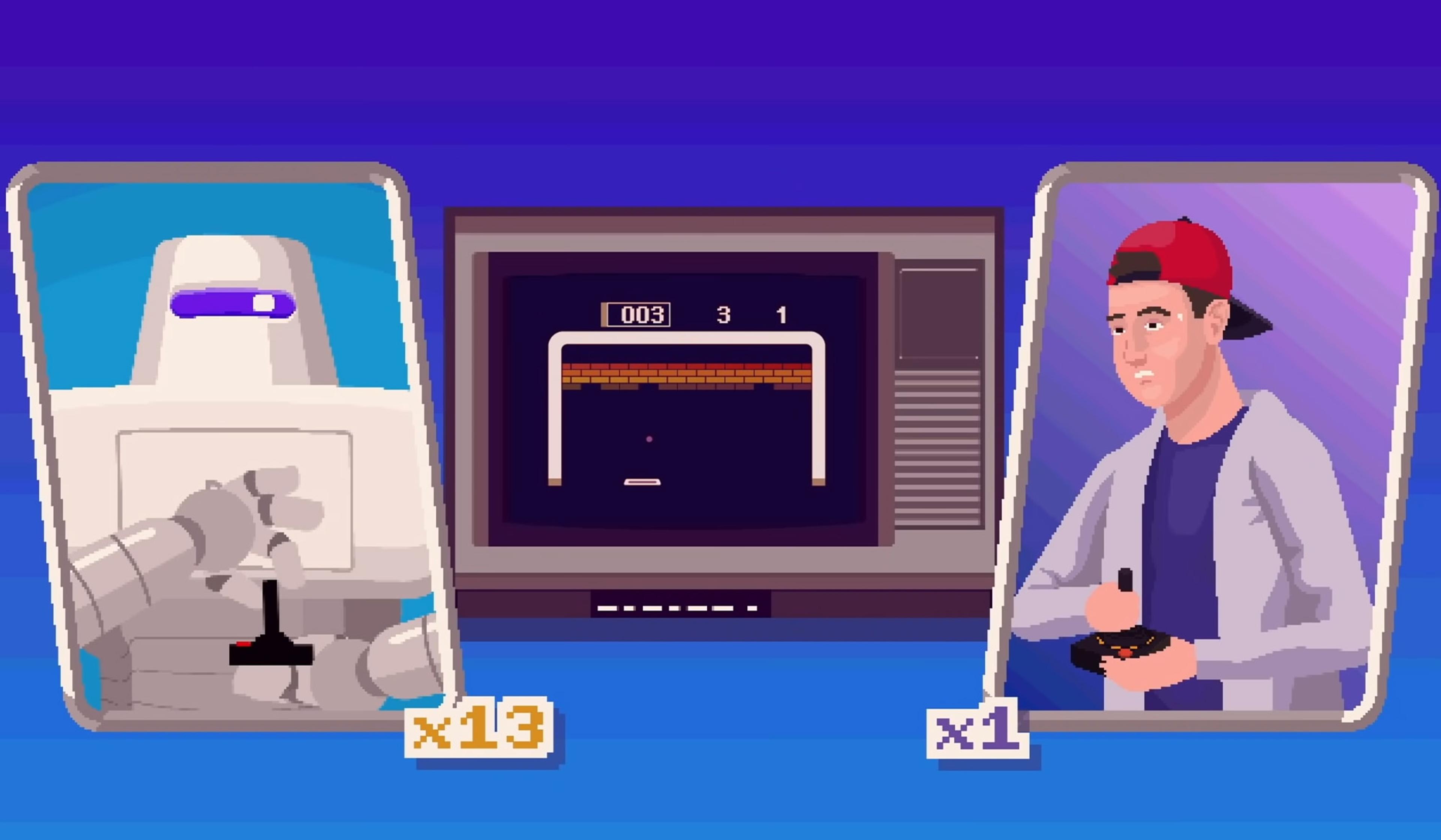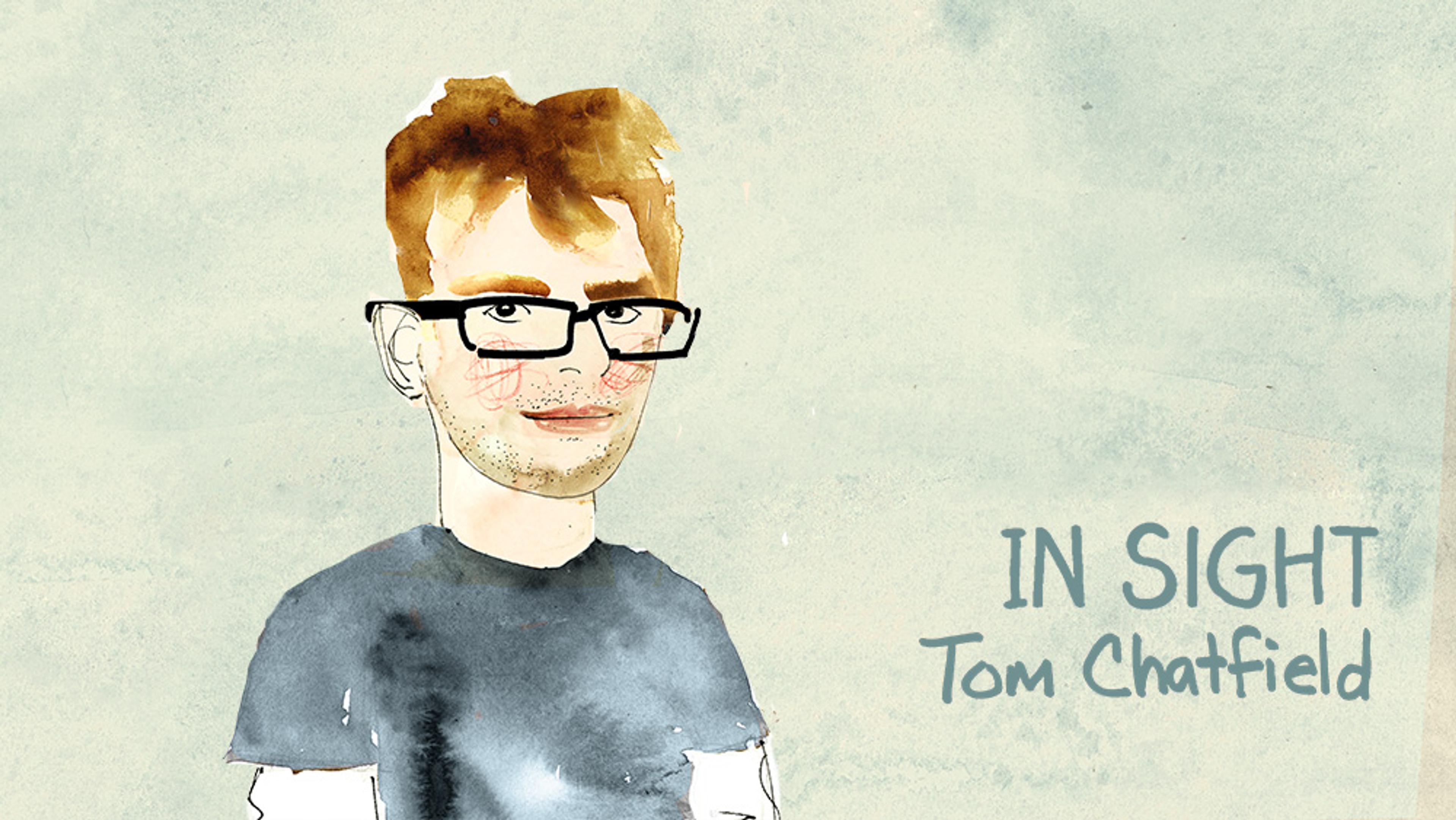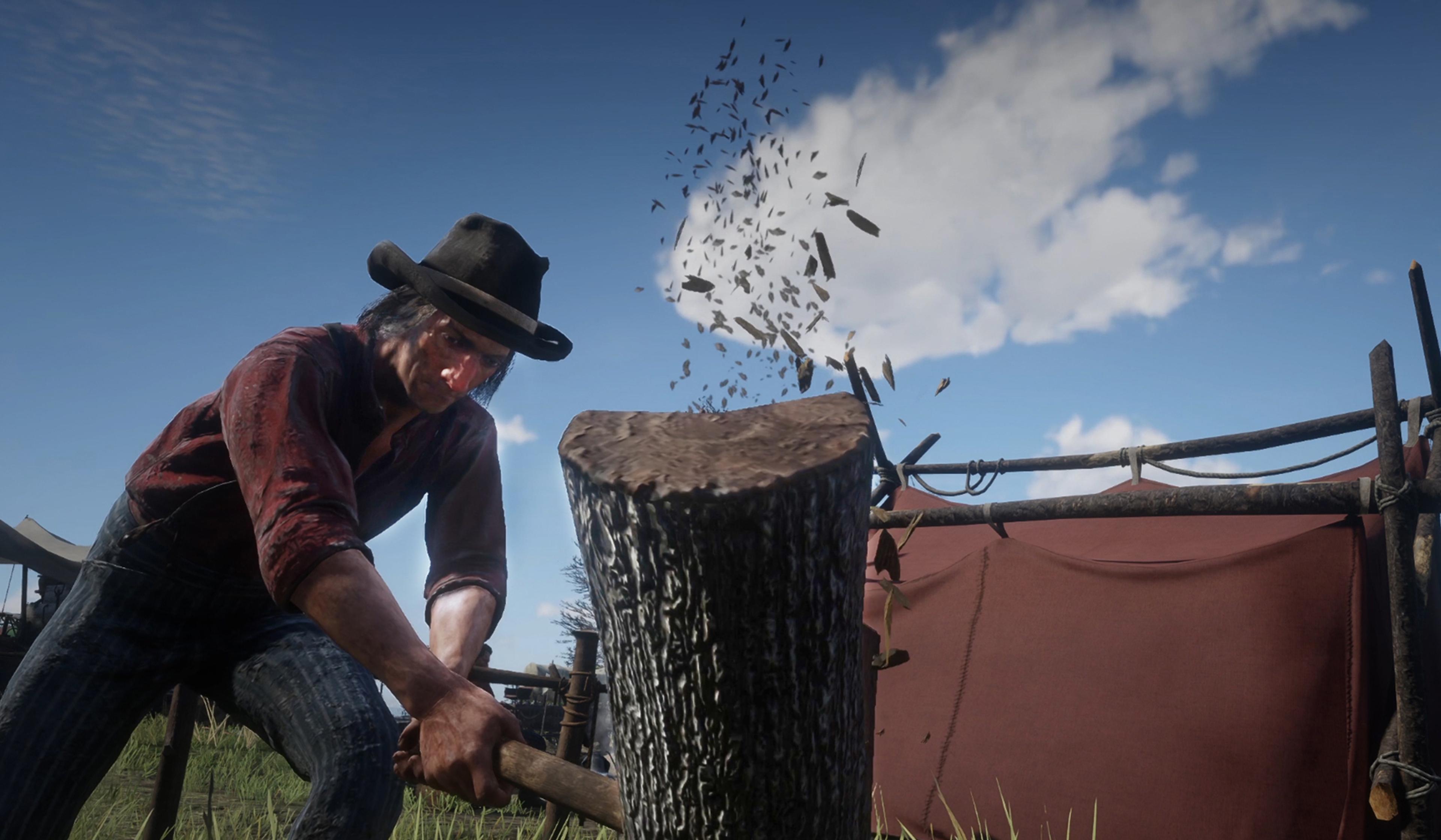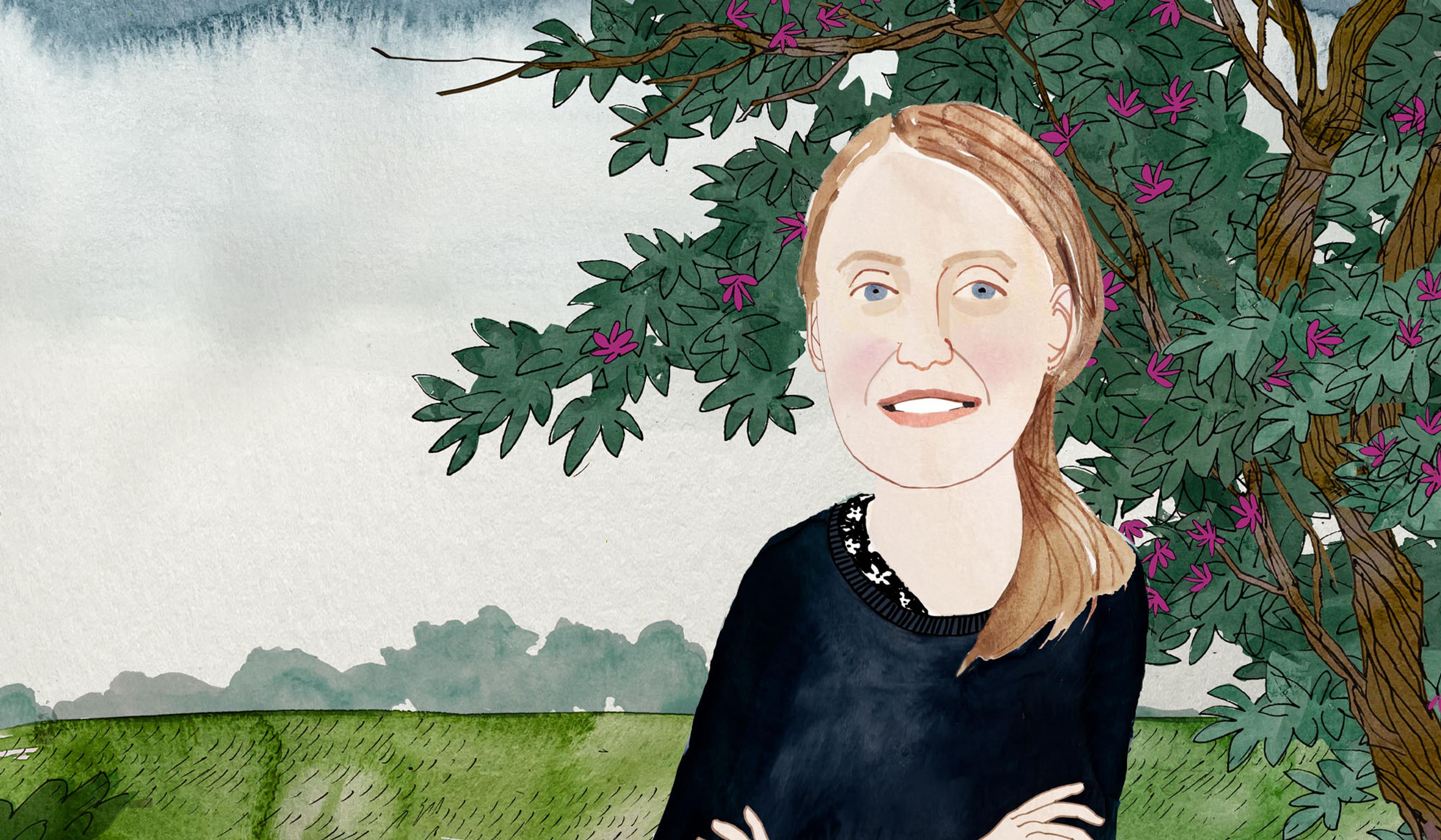Video games are frequently seen as an unproductive pastime, but the Center for Game Science at the University of Washington hopes its crowdsourcing puzzle game, Foldit, might eventually help cure debilitating and terminal diseases such as Alzheimer’s and cancer. Taking inspiration from classic 8-bit video game sights and sounds, Lucy Walker’s The Contenders reveals how nine Foldit players ended up as the first gaming group ever to co-author an academic research paper. The film argues for the value of basic human intelligence and for crowdsourcing as agents of positive change in the modern world.
Video gamers solve a biological puzzle that has stumped scientists for years
Director: Lucy Walker
Producer: Joseph Peeler

videoNeuroscience
Parents have long suspected Pokémon rewires kids’ brains. Now there’s evidence
7 minutes

videoComputing and artificial intelligence
Teaching an AI to beat video games still takes human imagination
5 minutes
videoTechnology and the self
Elves and wizards go to work: a day in the life of online role-playing devotees
4 minutes

videoAutomation and robotics
If we are what we do, how can we stay human in an era of automation?
7 minutes

videoWork
Does capitalism make ‘non-playable characters’ of us all? An uncanny exploration
21 minutes

videoCognition and intelligence
How a ‘periodic table’ of animal intelligence could help to root out human bias
5 minutes

videoTechnology and the self
Algorithms are opinions, not truth machines, and demand the application of ethics
3 minutes

videoCognition and intelligence
Leaping from firing neurons to human behaviour is tempting, but it’s a perilous gap
3 minutes

videoIllness and disease
A woman embraces cryonics as she challenges the limitations of her mind and body
4 minutes